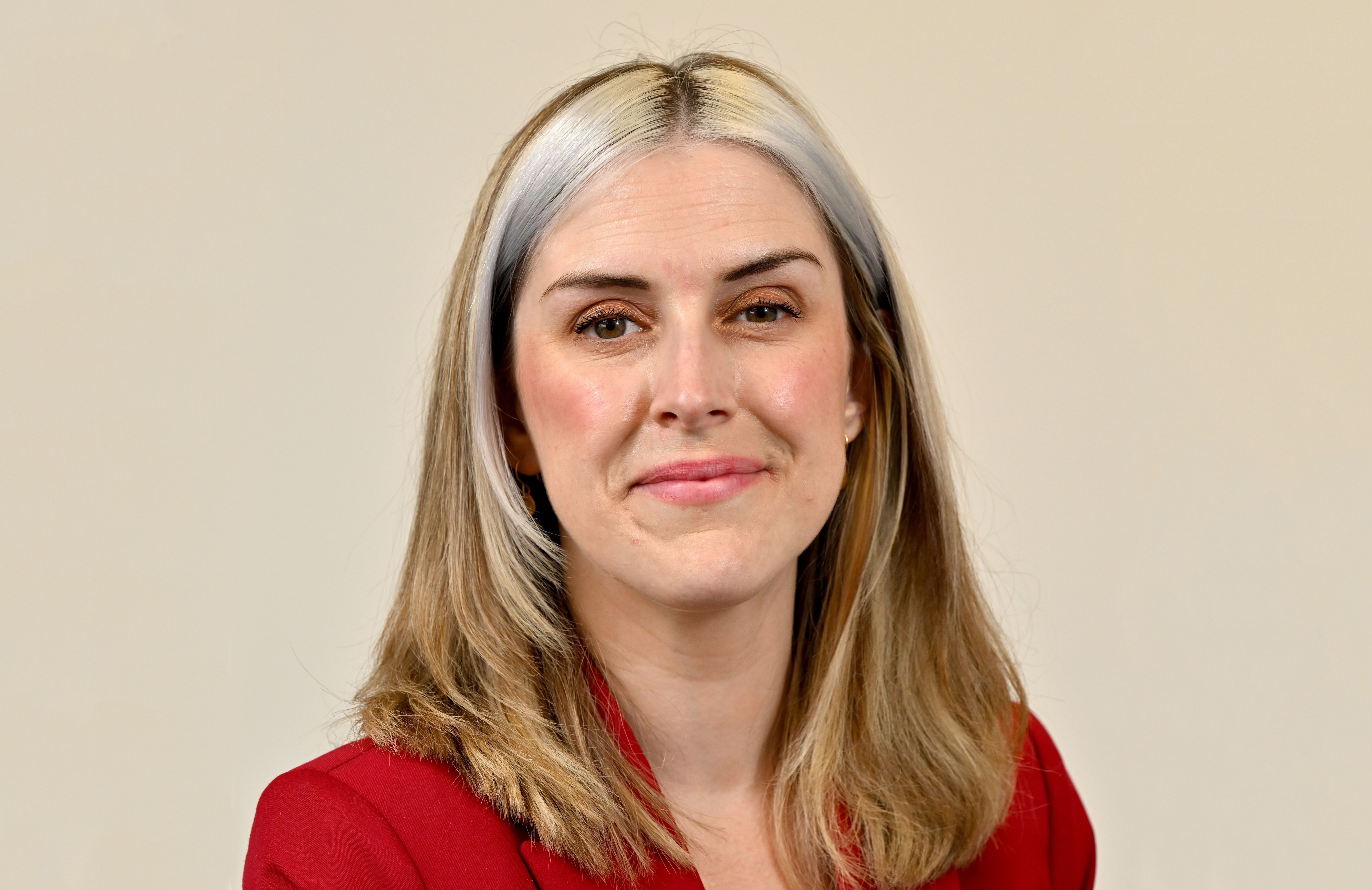The poll from the Royal College of GPs shows stress is the main factor forcing GPs to consider leaving the profession. It was cited by 44% of respondents thinking about cutting their careers short, while 39% planned to leave to retire.
The RCGP's annual GP Voice survey of more than 2,100 active GPs and GP registrars, finds that unmanageable stress is so prevalent among GPs that 28% reported that at least once a week they feel so stressed that they cannot cope.
Professor Kamila Hawthorne, chair of the Royal College of GPs, said: ‘Nobody goes into general practice for an easy ride, but the fact that so many GPs feel so stressed and are worried about the impact this is having on their patients shows just how precarious the situation in general practice has become. It requires urgent action.'
The College has identified excessive workloads and high levels of unnecessary bureaucracy as some of the primary reasons for the unmanageable stress facing GPs. This has consequences for patient care with 73% of GPs reporting that patient safety is being compromised by their workload pressures and fewer than 30% saying that they have enough time during consultations to provide high quality care.
The College is therefore calling on the Government to ensure that the forthcoming 10-Year Workforce Plan puts numbers on its commitment to increase the GP workforce, with a clear roadmap to train, recruit and retain the GPs needed to deliver safe and timely care for patients.
This must come alongside sustained measures to reduce the administrative burden on GPs including a full integration of digital systems across the NHS and allowing specialists to refer patients across to other specialists, instead of going back through their GP team, the college says.
Prof Hawthorne added: ‘Moving more care into the community makes sense, but we need to see this aspiration backed up by clear commitments to properly resource general practice and ensure it has the GPs needed. We're expecting to see the reformed 10-year Workforce Plan soon – and we urge the Government to use it as an opportunity to show how it will deliver on commitments of ‘thousands' more GPs, not only through recruitment but through retention.
‘We also need to ensure GPs don't have their precious time with patients being eaten into by bureaucracy. Allowing specialists to refer patients directly to other specialists when appropriate, rather than requiring GPs to re-refer, would lessen the administrative burden and a fully integrated digital system would improve access to information and communication across the system, while minimising errors and duplication.'



